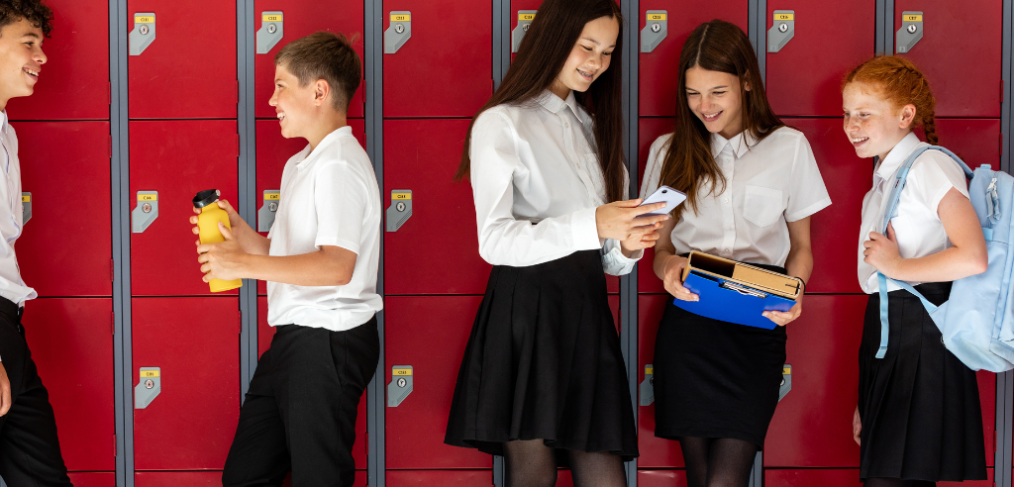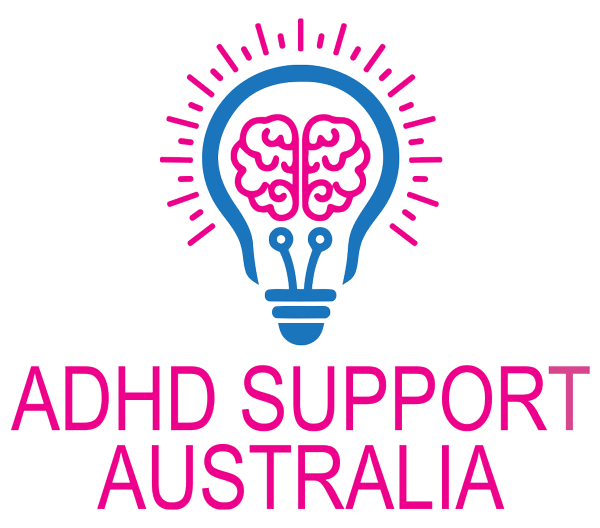
Unlocking Social Success: 5 tips for helping your young person navigate the new school year
The beginning of a new school year should be a fresh start, full of opportunities for new friendships and experiences. However, for many young people, particularly those with ADHD or Autism, who may well have spent the summer break isolated and lonely, returning to school can be a daunting prospect.
For young people making and maintaining friendships can be a crucial aspect of their social and emotional development. But what happens when your teen lacks the skills or the confidence necessary to create those connections?
In the wake of lockdowns, where young people had no alternative but to retreat online for any social connection, many young people are lacking confidence and anxious to socialise in the real world.
Is your young person feeling anxious or reluctant to return to school? They may not voice the reasons why, but you may see more moodiness, aggression or out of character behaviours. Imagine yourself in their shoes. Spending lunch times and recess alone, having no one to talk to, excluded from groups and conversations with peers. This can be excruciating. Trying to start a conversation with others or join a group and being rejected is painful and humiliating. Worse still is the experience of intentional exclusion, teasing or bullying. This all comes at an age where, as a young person, you don’t often have a well-developed sense of self-worth and you really do care what your peers think about you. Seeing things from their perspective, we are able understand their resulting unhappiness.
Many parents, if they’re aware this is happening to their young person, find it hard to put their finger on exactly why. They know they’re young person has got so much to offer a friendship – they just don’t seem to get the chance to show it. Sometimes, they successfully initiate friendships, but they seem to end as soon as they start – what’s going wrong?
Social interactions are nuanced, and young people are notoriously unforgiving when their peers get things wrong socially. But social skills can be learned because there are concrete rules and steps that socially successful people use, and we can capitalise on that to help our young people navigate the social world, in programs like PEERS. As a PEERS Social Skills Coach for Teens, here are my top 5 tips for helping your young person increase their social confidence as they head back to school this term.
1. Master the art of conversation
Effective communication builds meaningful connections. The point of a conversation, particularly with someone new, is to find out about the other person, to find out what you have in common and to see if you have any common interests.
With common interests established, it makes it way easier to continue the conversation, to start a conversation with them again in future, or to create a reason to hang out with them some time. Any conversation needs to be two-way and balanced, where neither person dominates the other. Asking questions, listening to the answer with genuine interest, and asking follow-up questions to maintain the conversation is the way to go. This might go something like:
Q: ‘How were your holidays – what did you get up to?’
A: ‘Just hung out at the beach, surfing and stuff – how about you?’
Q: ‘Oh same, surfing! Where do you usually surf?’
A: ‘Narrabeen mostly, what about you?’
Or you may not find a common interest straight away. It might take a little longer and a few more questions – but be careful not to ask too many and have it ending up sounding like an interview!
2. Help them to Decode Social Cues
During conversations, encourage your young person to pay attention to social cues, such as facial expressions, body language and tone of voice as they convey important information about others’ feelings and intentions. When we become adept at decoding these social skills, we are better able to navigate social situations. If your young person has difficulties picking up on those social cues, don’t worry this is something that can be taught. There are concrete signs to look out for. For example, to gauge someone’s interest in you, watch out for things like – are they looking at you, smiling at you, asking you questions and so on.
3. Encourage your young person to join social activities with like-minded peers
Initiating and sustaining friendships can be challenging for some young people. They may have had negative experiences with starting conversations or joining new social activities in the past. That’s bound to make them less willing to keep trying. Helping them to find activities where they’ll find others with common interests is a priority.
Encourage your young person to take initiative, be open to new experiences, and nurture existing connections. By hanging out together in person, young people not only enhance their social skills but develop lasting and meaningful relationships through shared experiences and fun times spent together.
4. Teach them the skills to start conversations with new people
However, before you encourage them to try new social activities, arming them with the skills that will set them up for social success is also crucial. Success begets success, and as they try out their newfound skills and see them working, they will want to replicate the experience and a domino effect will ensue.
It’s not enough to tell them to join the activity and just go up and say ‘hi’ to a new person or to introduce themselves. They need more explicit steps to follow.
What do socially successful people do in these situations? How do they approach new people?
If they see someone they’d like to talk to, they look out for a clue to a common interest, such as a book they’re reading or a T-shirt they’re wearing or maybe they hear them talking about a topic of interest. Based on that clue, they might ask a question, make a comment, or pay a compliment – ‘I see you’re reading the new xyz book, I love that one – where are you up to?’
Once contact is made and a conversation started, it’s then always important to check whether the person they’ve started a conversation with is interested in talking to them – sometimes they’re not! They don’t want to continue with the conversation if the other person gives signs of being uninterested. They should be looking again for those concrete signs mentioned earlier. If the interest isn’t there, they should keep their cool and move on to someone who is keen to chat. Tell them not to take it personally, this happens to everyone at times, so don’t let it discourage them from trying again elsewhere.
5. How does the other person feel?
Often, when your young person feels socially anxious, the interaction becomes all about them. They feel anxious, they don’t know what to say. Encourage them to take the other person’s perspective into account – to ask themself ‘how is the other person feeling right now?’
They shouldn’t overthink it, but are they asking them questions, so they feel they’re interested to find out more about them and who they are? Are they allowing them to answer? Are they listening to their answers and responding accordingly? Are they talking about a range of topics – not just a topic they’re interested in? Are they letting them get a word in? Are they asking questions that are too personal when they’ve only just met? and so on.
Remind your young person that if a person feels you’re not interested in them, or you make them feel uncomfortable in some way, they won’t be inclined to want to chat with you again, so it’s important they ask themselves these perspective-taking questions and ensure the other person is comfortable and enjoying the interaction.
These are just a few tips from the PEERS Social Skills for Adolescents online group program that provides guidance on navigating the complexities of social scenarios. These skills can point your young person in the right direction if they are facing challenges in understanding the unwritten rules of social situations.
Incorporating the principles of the PEERS social skills program into your young person’s daily life can significantly enhance their social experiences throughout the school year. They can strike a balance between staying true to their authentic self, while having the ability to use perspective taking to reflect on their social interactions. This will build their confidence to navigate a variety of social environments and enable them to build connections with diverse groups of peers.
As they develop these essential skills, they’ll not only thrive in their current social circles, but set the foundation for a lifetime of successful interpersonal relationships. So support them in embracing the new school year as an opportunity for them to grow, connect, and unlock the doors to a vibrant social life. Remember, fostering social skills is an ongoing process, and your support and encouragement play a crucial role in your young person’s journey towards building meaningful and lasting friendships.
If you’d like to know more about the internationally renowned and evidenced based PEERS Social Skills Program for Teens or Young Adults or when the next one is running visit the ADHD Support Australia website.
The author, Vivian Dunstan, is Founder & CEO of ADHD Support Australia ADDCA trained ADHD Coach, Parent Coach & Facilitator of Parenting Children with ADHD – a 6-week online course, Certified Tech Addiction & Digital Health Educator (NIDHW) and Facilitator of the 6-week online Digital Parenting Program, Certified PEERS Social Skills for Teens & Young Adults coach and program facilitator, Certified NeuroACT provider & course facilitator, non-practicing teacher, parent of a young adult with ADHD and has ADHD herself.
